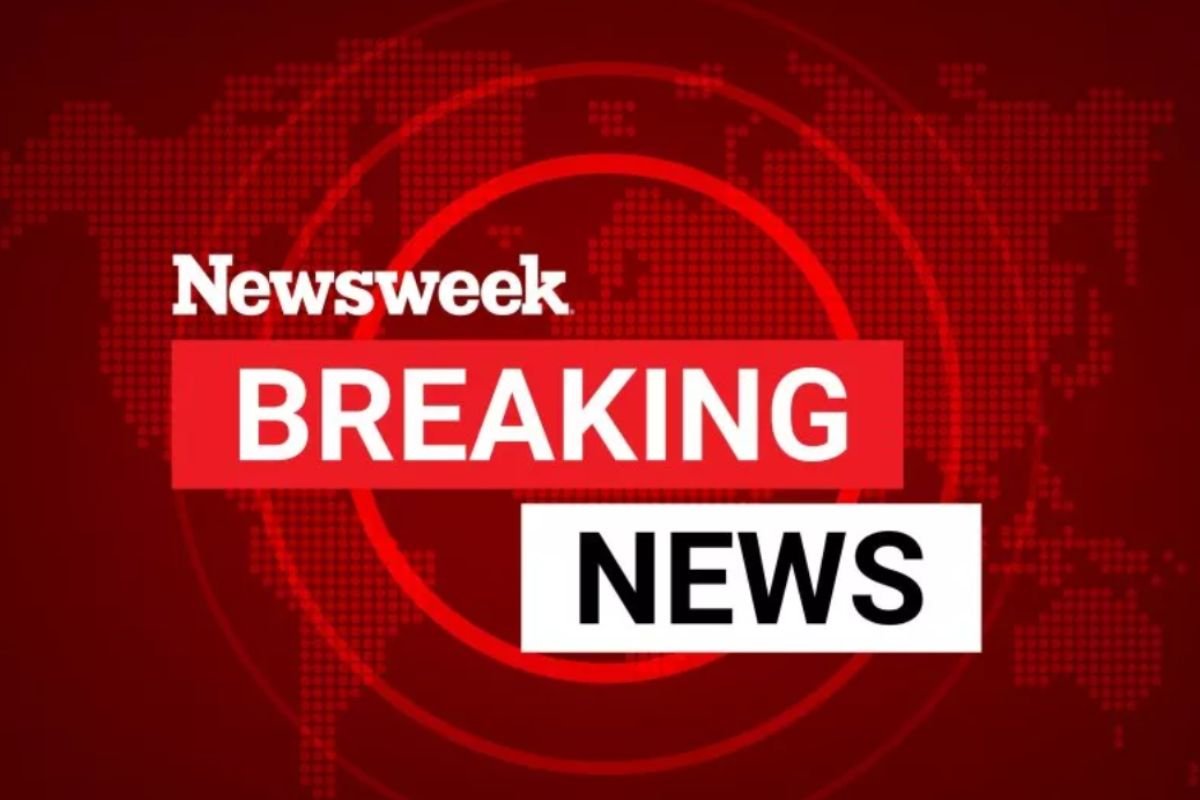-
An Inauguration Day well spent with day laborer organizer Pablo Alvarado - 2 hours ago
-
Hooded Portland Elections Office Attackers Were ‘Anti-Government’: Police - 5 hours ago
-
When Google Altered Its Ad Rules, Charities Paid the Price - 8 hours ago
-
Winds spread small fires in Southern California - 8 hours ago
-
Tom Aspinall Amused That Dana White ‘Jumped Ship’ From Jon Jones to Islam Makhachev in Pound-For-Pound Debate - 11 hours ago
-
Robbery suspect armed with gun, pool noodle, police say - 15 hours ago
-
‘Connections’ January 21: Answers and Hints for Puzzle #590 - 16 hours ago
-
2 Americans Held in Afghanistan Are Freed in Prisoner Swap - 18 hours ago
-
Altadena sheriff’s station reopens after smoke contaminant closure - 21 hours ago
-
Kyle Busch Opens Up On Future After Teasing NASCAR Exit - 22 hours ago
Putin’s inner circle shows signs they’re worried about his power slipping
Kremlin officials are increasingly making moves that suggest they’re concerned about a growing resistance to Russia’s war in Ukraine, especially from relatives of soldiers fighting there.
Reports indicate Russian officials worry that these public expressions of dissent could chip away at Russian President Vladimir Putin’s popularity and thus his hold on power.
Along with staging public protests, family members of Russian troops have called for their loved ones to be returned home through videos and written declarations posted on social media platforms. One of the most well-known outlets used by disgruntled relatives of soldiers is a Telegram channel known as “Way Home.”
Last weekend, the United Kingdom’s Ministry of Defense reported that the Kremlin has likely attempted to silence these voices by offering them payoffs. The Institute for the Study of War (ISW) think tank has also written about the Kremlin’s attempts to counter messages from users of “Way Home” by using fake profiles to smear them online.

GETTY IMAGES
The ISW further reported that the Kremlin’s biggest concern about the angry relatives might be that their protests could negatively impact Putin’s 2024 presidential campaign, which he officially announced on Friday.
“Putin’s presidential campaign will reportedly not focus on the war in Ukraine, and the Kremlin likely considers the relatives of mobilized personnel to be a social group that may pose one of the greatest threats to his campaign,” the ISW wrote.
However, the Kremlin’s efforts to quell the dissent from relatives of soldiers have not succeeded.
Early this week, the independent Russian investigative site Important Stories described a letter signed by around 100 family members of soldiers fighting in Avdiivka. Their letter demanded that Putin stop committing his forces to “meat assaults” against Ukraine’s military.
On Thursday, WarTranslated—an independent media project that translates materials about the war into English—shared a video on X, formerly Twitter, of a video originally posted on “Way Home.” The clip showed a large group of wives and relatives of soldiers holding signs with anti-war messages.
“We’re determined to bring our men back at any cost,” a woman in the video said.
Wives and relatives of mobilised Russian men from the “Way home” organisation recorded a manifest demanding to return their men home. They are not satisfied with the government’s repressions against them.
Notable is a far better quality recording compared to what we’ve been… pic.twitter.com/bQyQRgU47W
— WarTranslated (Dmitri) (@wartranslated) December 7, 2023
George Mason University Schar School of Policy and Government professor Mark N. Katz told Newsweek that the concern felt by officials around Putin could extend beyond the presidential election in March.
“The Kremlin does indeed appear concerned that the relatives (especially mothers and wives) of soldiers could undermine Russian public support for the war effort simply through telling the stories of what’s been happening to their loved ones,” Katz said in an email.
Since presidential elections in Russia are widely thought to be rigged, Katz said he doesn’t think that Putin himself is nervous about the eventual results. He also noted that “Moscow can manufacture figures” if voter turnout is low due to people staying home in protest.
“Still, the long-term impact of stories about horrific conditions faced by Russian soldiers is something that could serve as the basis for undermining public support for Putin, or at least for his war effort,” Katz said.
David Silbey, an associate professor of history at Cornell and director of teaching and learning at Cornell in Washington, echoed much of those sentiments.
“I don’t think Putin’s terribly worried about internal unrest at the moment, but he’s always succeeded by staying ahead of the curve, so my sense is that the Russian leadership is trying to make sure that this doesn’t build into anything,” Silbey told Newsweek.
He added: “What they don’t want to see is highly visible street protests.”
Uncommon Knowledge
Newsweek is committed to challenging conventional wisdom and finding connections in the search for common ground.
Newsweek is committed to challenging conventional wisdom and finding connections in the search for common ground.
Source link













